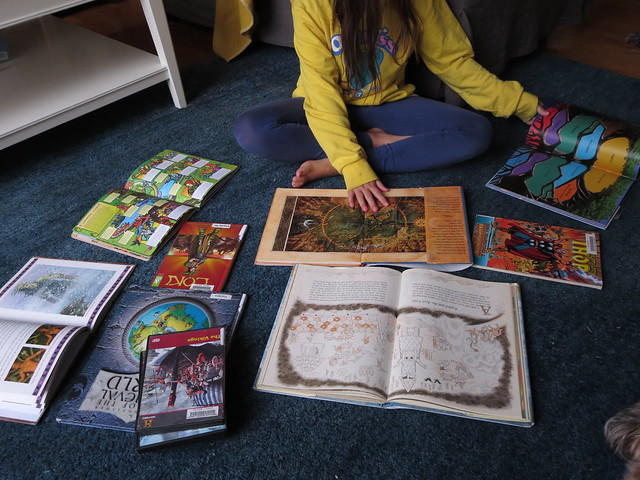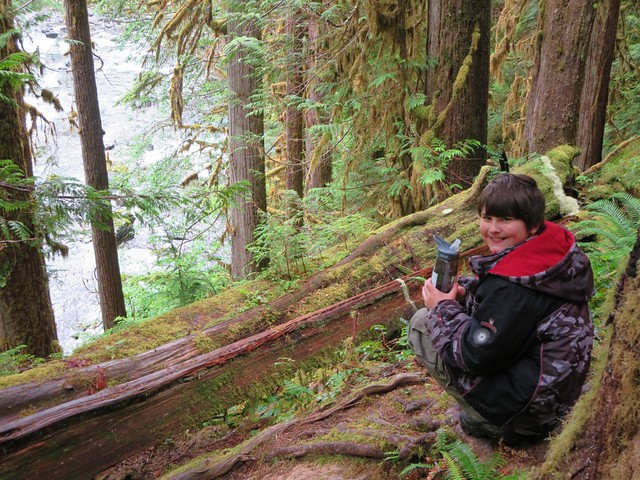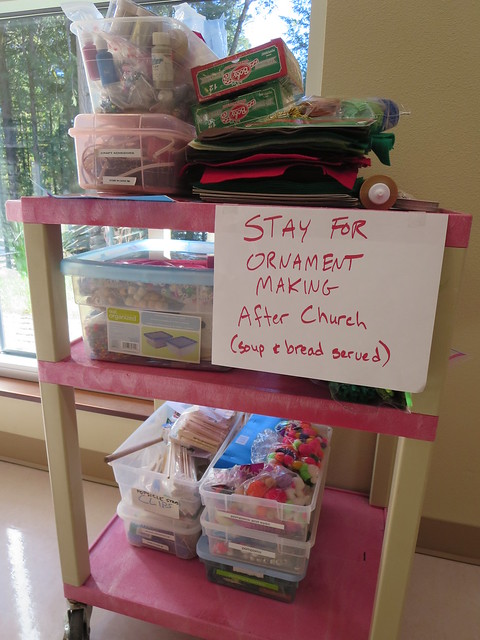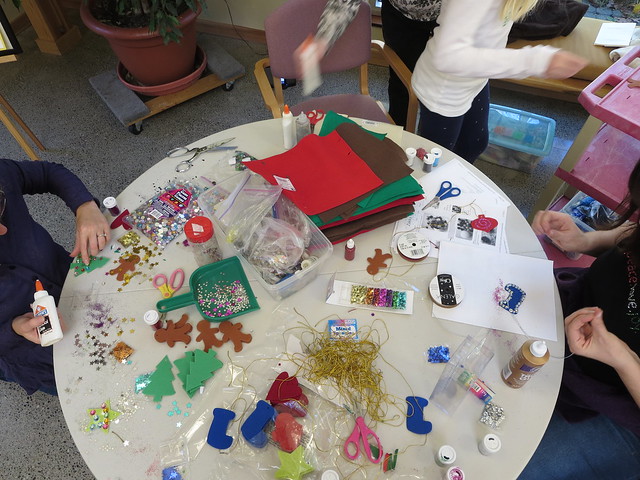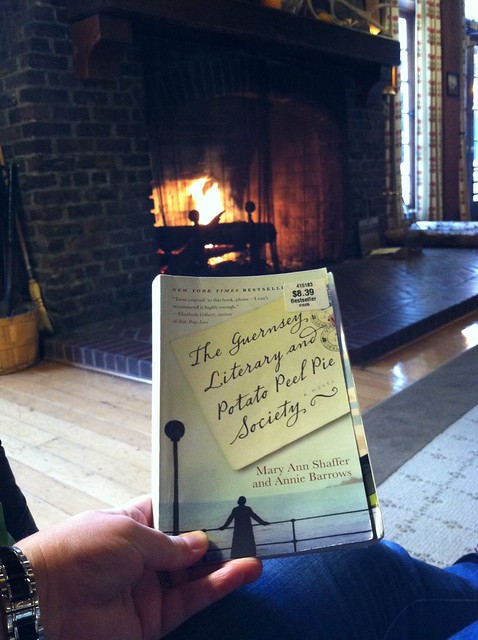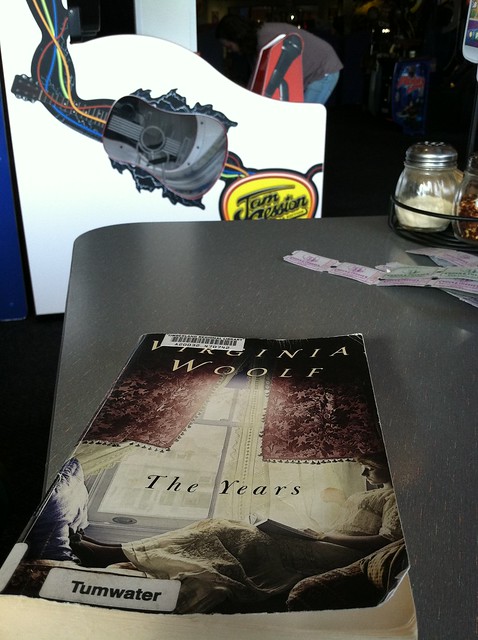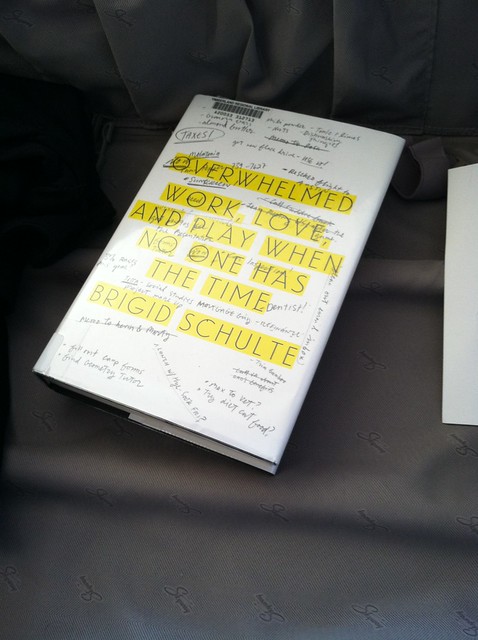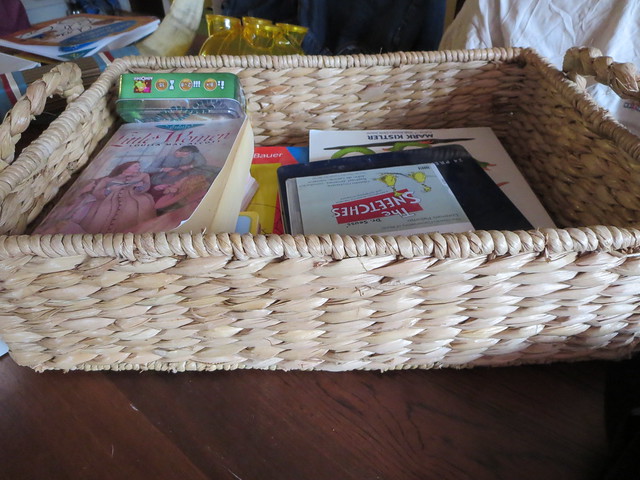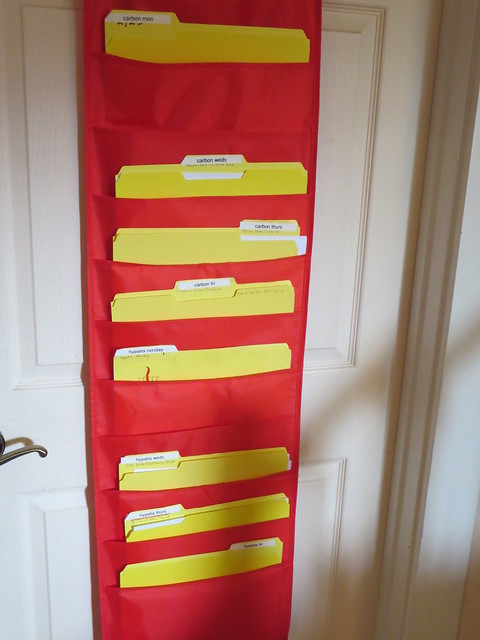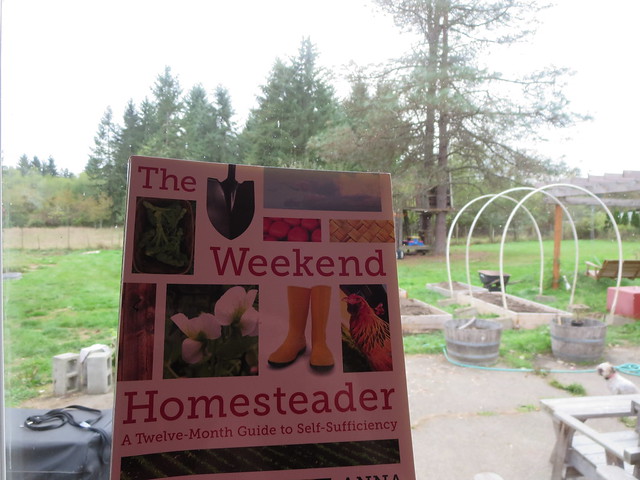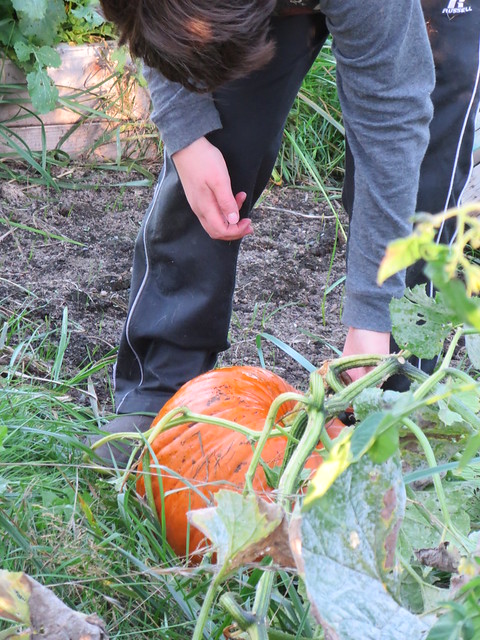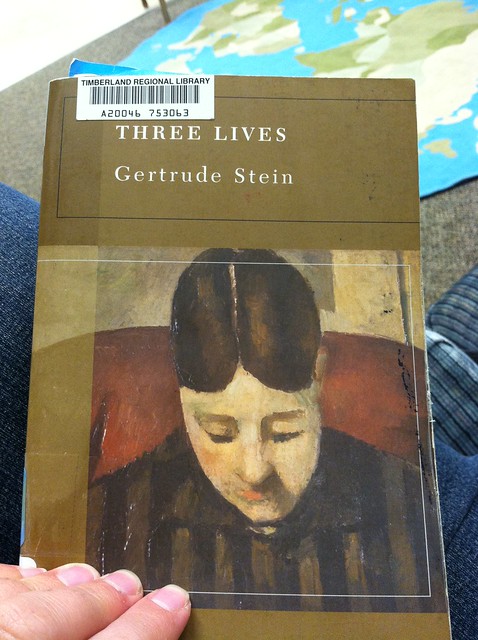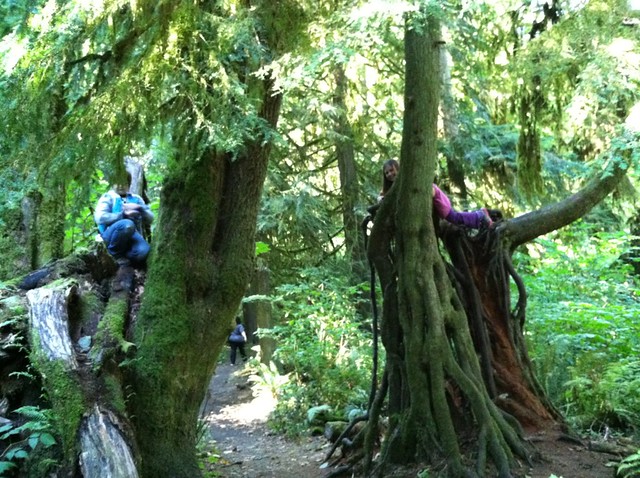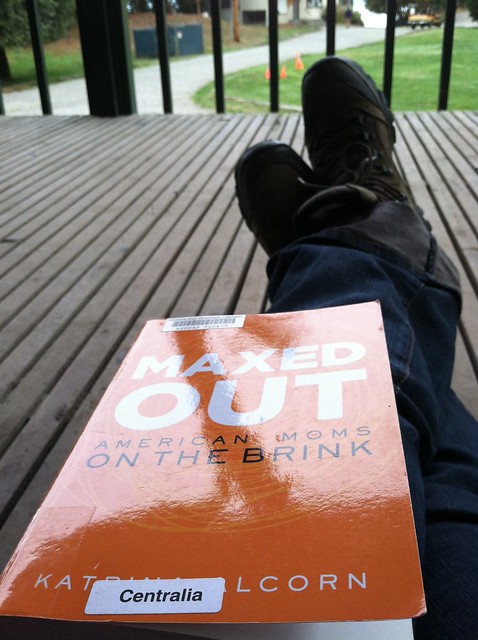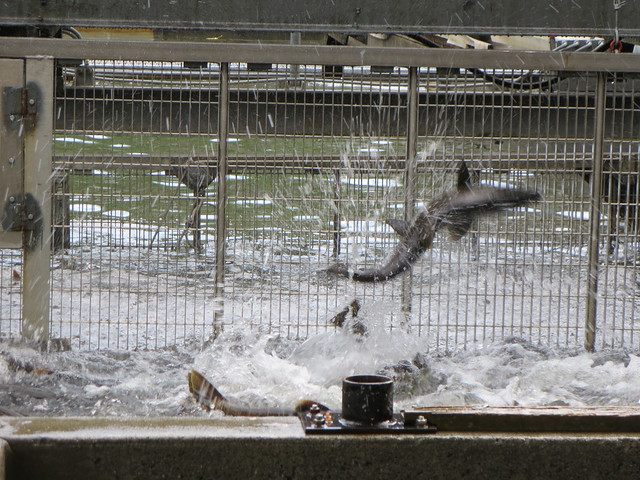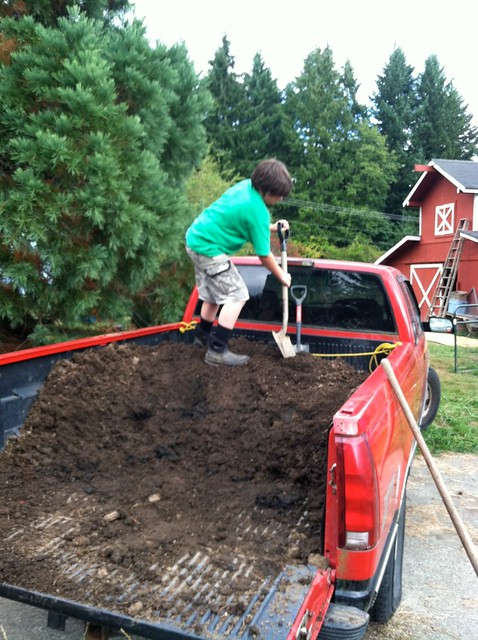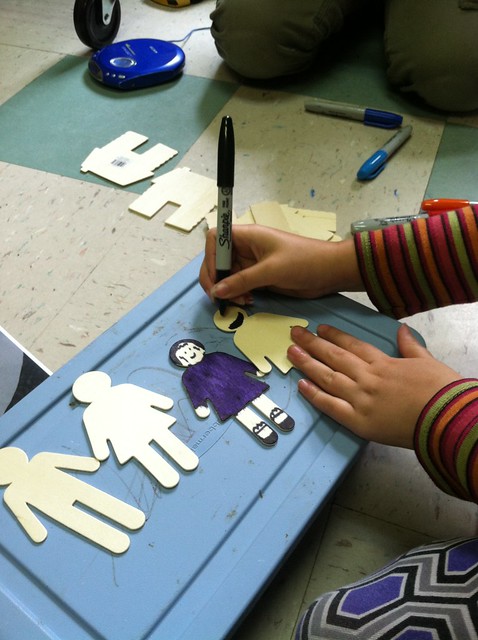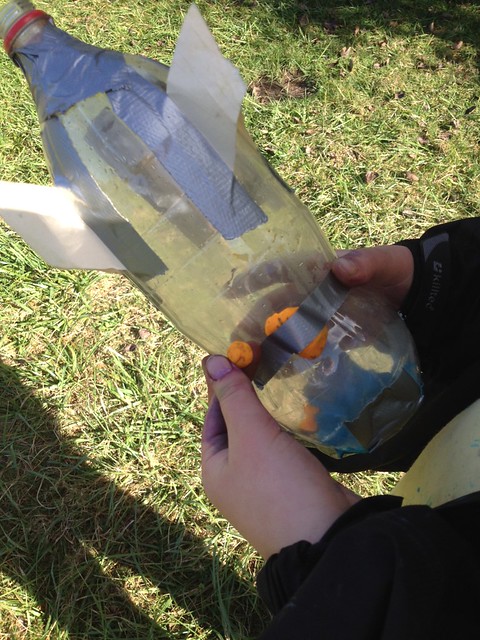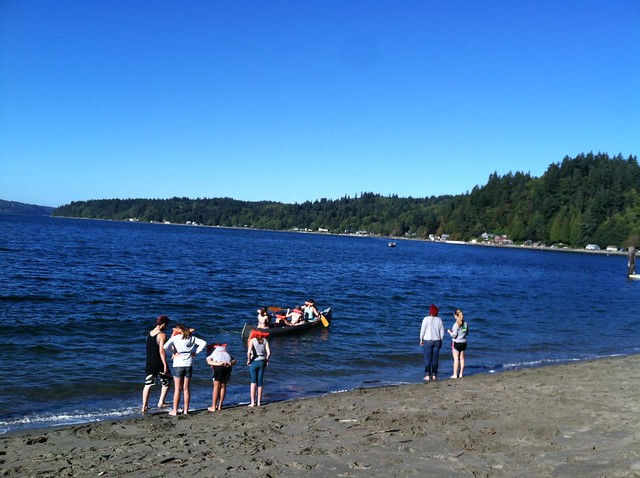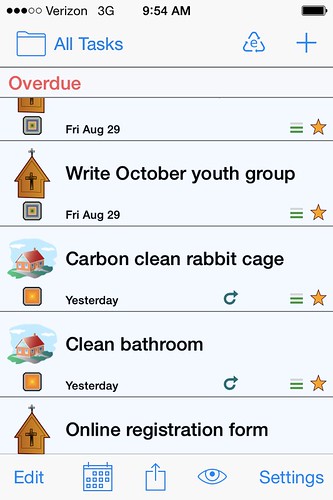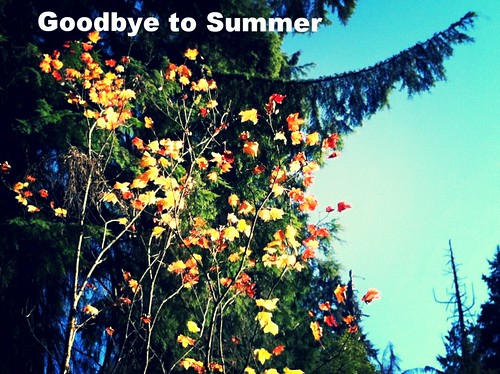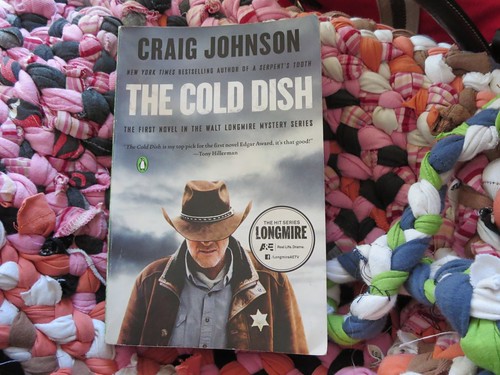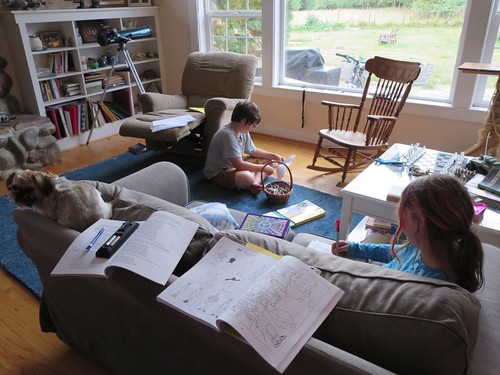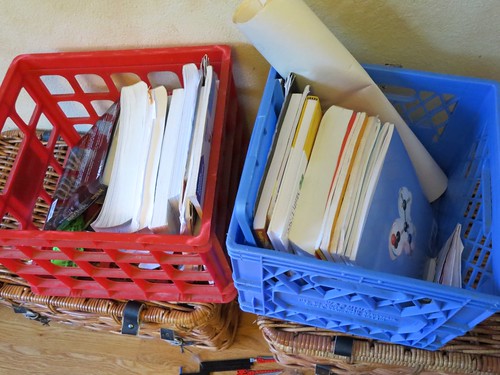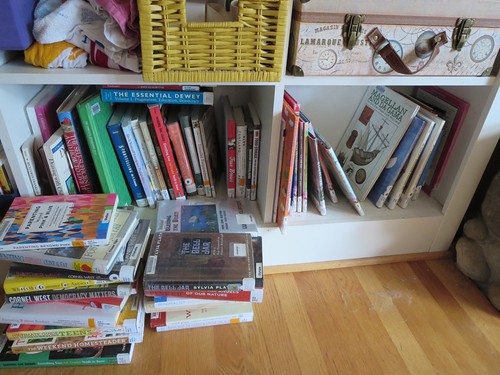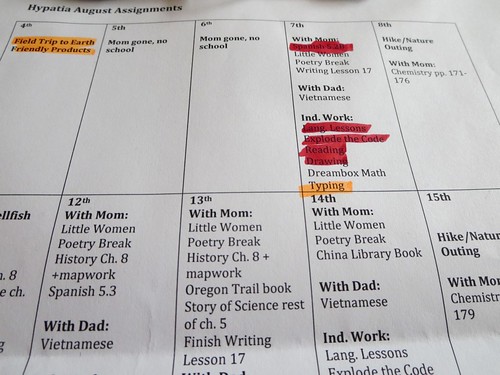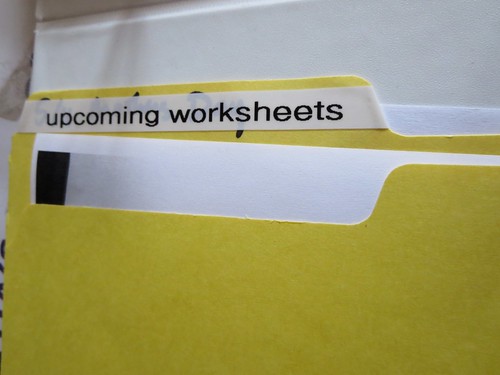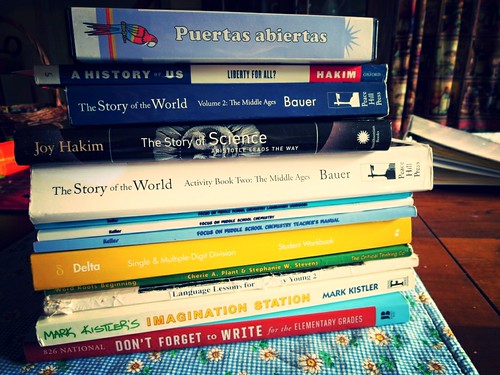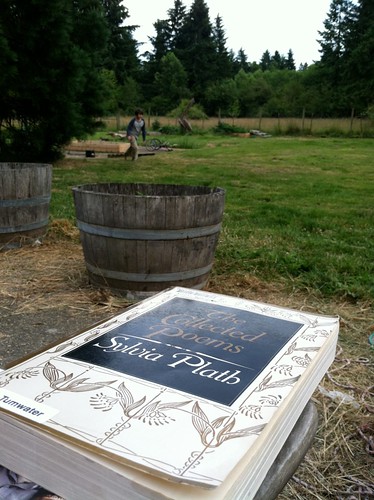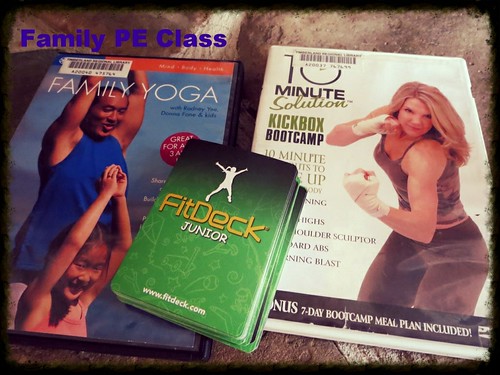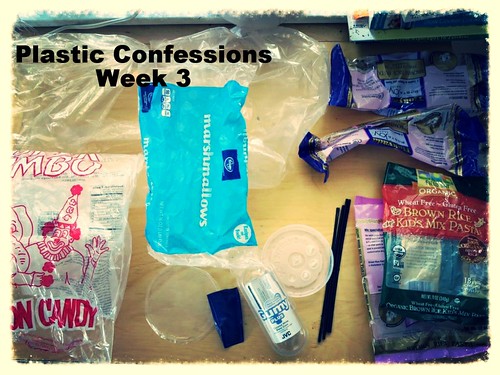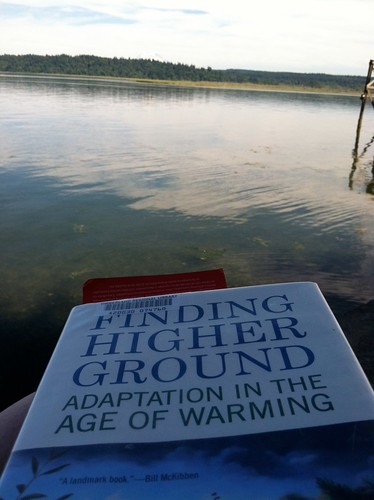The 14 x 14 in 2014 Reading Challenge
- Pick 14 categories for your reading
- Try to read 14 books in each category
- Religion, Ethics, Spirituality, and Philosophy
- What Money Can't Buy: the Moral Limits of Markets by Michael Sandel
- The Book of Job: When Bad Things Happened to a Good Person by Harold Kushner
- Reflections on the Psalms by C.S. Lewis
- How to Live in the World and Still Be Happy by Hugh Prather *(double dipper)
- Existentialism: A Very Short Introduction by Thomas R. Flynn
- When Spiritual but Not Religious Is Not Enough by Lillian Daniel
- Plato at the Googleplex: Why Philosophy Won't Go Away by Rebecca Goldstein
- Serving With Grace: Lay Leadership as a Spiritual Practice by Erik Walker Wikstrom (double dipper)
- Growing Souls: experiments in contemplative youth ministry by Mark Yaconelli (double dipper)
- Liberating Hope: Daring to Renew the Mainline Church by Michael S. Piazza and Cameron B. Trimble (double dipper)
- Reclaiming Prophetic Witness: Liberal Religion in the Public Square by Paul Rasor (double dipper)
- The First Christmas: What the Gospels Really Teach About Jesus's Birth by Marcus Borg and John Dominic Crossman
- Watch for the Light: Readings for Advent and Christmas
- Work-Related
- Serving With Grace: Lay Leadership as a Spiritual Practice by Erik Walker Wikstrom (double dipper)
- Leadership in Congregations by Richard Bass (editor)
- Teaching From the Heart: Theology and Educational Method by Mary Elizabeth Mullino Moore
- Growing Souls: experiments in contemplative youth ministry by Mark Yaconelli (double dipper)
- Liberating Hope: Daring to Renew the Mainline Church by Michael S. Piazza and Cameron B. Trimble (double dipper)
- Let Your Life Speak: Listening for the Voice of Vocation by Parker Palmer (* double dipper)
- Hope on a Tightrope by Dr. Cornel West
- The Artist's Way for Parents by Julia Cameron
- Sticky Church by Larry Osborne
- Reclaiming Prophetic Witness: Liberal Religion in the Public Square by Paul Rasor (double dipper)
- Universalists and Unitarians in America: A People's History by John A. Buehrens (double dipper)
- The Lives of Margaret Fuller: A Biography by John Matteson (triple dipper)
- The Gifts of Imperfection: Let Go of Who You Think You're Supposed to Be and Embrace Who You Are by Brene Brown (double dipper)
- The Art of Extreme Self-Care by Cheryl Richardson (double dipper)
- Poetry
- Sands of the Well by Denise Levertov
- Leaves of Grass by Walt Whitman
- Rumi by Rumi
- The Collected Poems by Sylvia Plath * (double dipper)
- The Collected Poems by May Sarton
- Old Possum's Book of Practical Cats by T.S. Eliot
- Dancing with Joy: 99 Poems edited by Roger Housden
- The Crooked Inheritance by Marge Piercy (double dipper)
- Ten Poems to Change Your Life by Roger Housden
- Risking Everything: 110 Poems of Love and Revelation edited by Roger Housden
- Ten Poems to Set You Free by Roger Housden
- Self-Improvement And Lifestyle
- The Superior Wife Syndrome: Why Women Do Everything So Well and Why -- For the Sake of Our Marriages -- We've Got to Stop by Carin Rubenstein
- Hands Free Mama: A Guide to Putting Down the Phone, Burning the To Do List, and Letting Go of Perfection to Grasp What Really Matters! by Rachel Macy Stafford
- How to Live in the World and Still Be Happy by Hugh Prather *(double dipper)
- Notes from a Blue Bike by Tsh Oxenreider
- The Backyard Cow: An Introductory Guide to Keeping a Productive Family Cow by Sue Weaver
- Finding Higher Ground: Adaptation in the Age of Warming by Amy Seidl *(double dipper)
- Let Your Life Speak: Listening for the Voice of Vocation by Parker Palmer (* double dipper)
- The Weekend Homesteader: A Twelve-Month Guide to Self-Sufficiency by Anna Ness
- Overwhelmed: Work, Love, and Play When No One Has Time by Brigid Shulte (Tripple Dipper)
- The Gifts of Imperfection: Let Go of Who You Think You're Supposed to Be and Embrace Who You Are by Brene Brown (double dipper)
- The Art of Extreme Self-Care by Cheryl Richardson (double dipper)
- Parenting
- How to Talk So Teens Will Listen, And Listen So Teens Will Talk by Adele Faber and Elaine Mazlish
- Cinderella Ate My Daughter by Peggy Orenstein (double dipper)
- Mindful Parenting by Kirsten Race, PhD
- Before They're Gone: A Family's Year-Long Quest to Explore America's Most Endangered National Parks by Michael Lanza *(double dipper)
- All Joy and No Fun: The Paradox of Modern Parenting by Jennifer Senior
- How We Love Our Kids: The Five Love Styles of Parenting by Milan and Kay Yerkovich
- Fed Up With Frenzy: Slow Parenting in a Fast Moving World by Susan Sachs Lipman
- How to Be the Parent You Always Wanted to Be by Adele Faber and Elaine Mazlish
- Maxed Out: American Moms on the Brink by Katrina Alcorn (double dipper)
- The Five Love Languages of Children by Gary Chapman and Ross Campbell
- Overwhelmed: Work, Love, and Play When No One Has Time by Brigid Shulte (Tripple Dipper)
- Slow Family Living by Bernadette Noll
- Free to Learn: Why Unleashing the Instinct to Play will Make Our Children Happier, More Self-Reliant, and Better Students for Life by Peter Gray (double dipper)
- The Sand Bucket List: 366 Things to Do With Your Kids Before They Grow Up by David Hoffman
- My Favorite Detectives
- Tears of the Giraffe by Alexander McCall Smith *(double dipper)
- Last Bus to Woodstock by Colin Dexter
- The Adventures of Sherlock Holmes by Sir Arthur Conan Doyle * (double dipper)
- The Cold Dish (Walt Longmire #1) by Craig Johnson
- The Maltese Falcon by Dasheill Hammett * (tripple dipper)
- Dirk Gently's Holistic Detective Agency by Douglas Adams
- Hickory Dickory Dock by Agatha Christie
- Maisie Dobbs by Jacqueline Winspear
- The Art of the English Murder by Lucy Worsley (double dipper)
- Grave Secrets by Kathy Reichs
- Science and Psychology
- Back to Normal by Enrico Gnaulati, PhD
- Situations Matter by Sam Sommers
- Six Degrees: Our Future on a Hotter Planet by Mark Lynas
- Before They're Gone: A Family's Year-Long Quest to Explore America's Most Endangered National Parks by Michael Lanza *(double dipper)
- Ungifted: Intelligence Redifined: The Truth About Talent, Practice, Creativity, and the Many Paths to Greatness by Scott Barry Kaufman
- Finding Higher Ground: Adaptation in the Age of Warming by Amy Seidl *(double dipper)
- The Story of Science: Aristotle Leads the Way by Joy Hakim (double dipper)
- Overwhelmed: Work, Love, and Play When No One Has Time by Brigid Shulte (Tripple Dipper)
- Pilgrim on the Great Bird Continent: The Importance of Everything and Other Lessons from Darwin's Lost Notebooks by Lyanda Lynn Haupt (Double dipper)
- The Edge of the Sky: All You Need to Know About the All-There-Is by Roberto Trotta
- Free to Learn: Why Unleashing the Instinct to Play will Make Our Children Happier, More Self-Reliant, and Better Students for Life by Peter Gray (double dipper)
- History
- American Nations by Colin Woodard
- Frozen in Time: The Fate of the Franklin Expedition by Owen Beattie and John Geiger
- A History of US: Making Thirteen Colonies by Joy Hakim
- A History of US: From Colonies to Country by Joy Hakim
- A History of US: The New Nation by Joy Hakim
- Story of the World: Volume One: Ancient Times by Susan Wise Bauer
- A History of Us: Liberty for All? by Joy Hakim
- The Story of Science: Aristotle Leads the Way by Joy Hakim (double dipper)
- Pilgrim on the Great Bird Continent: The Importance of Everything and Other Lessons from Darwin's Lost Notebooks by Lyanda Lynn Haupt (Double dipper)
- The Monuments Men by Robert M Edsel (Double dipper)
- An Indigenous People's History of the United States by Roxanne Dunbar-Ortiz
- Universalists and Unitarians in America: A People's History by John A. Buehrens (double dipper)
- The Lives of Margaret Fuller: A Biography by John Matteson (triple dipper)
- The Art of the English Murder by Lucy Worsley (double dipper)
- Books to Read Before You Die/LifeTime Reading Plan
- The Old Man and the Sea by Ernest Hemingway (*double dipper)
- Very Good, Jeeves by P.G. Wodehouse (it's not on other people's lists, but it's been on my TBR list since I was in college and I finally read it)
- Cloud Atlas by David Mitchell *(double dipper)
- The House of Mirth by Edith Wharton *(double dipper)
- The Adventures of Sherlock Holmes by Sir Arthur Conan Doyle * (double dipper)
- Cranford by Elizabeth Gaskell (* Tripple! dipper)
- The Maltese Falcon by Dasheill Hammett * (tripple dipper)
- Three Lives by Gertrude Stein (double dipper)
- The Years by Virginia Woolf (double dipper)
- The Prime of Miss Jean Brodie by Muriel Spark (double dipper)
- Little Women by Louisa May Alcott (Triple Dipper)
- Children's Lit
- Squire by Tamora Pierce
- Lady Knight by Tamora Pierce
- The Burning Bridge by John Flanagan
- The One and Only Ivan by Katherine Applegate
- The Book of Three by Lloyd Alexander
- A Dog Called Homeless by Sarah Lean
- Flora and Ulysses: The Illuminated Adventures by Kate DiCamillo
- The Red Pyramid by Rick Riordan
- Throne of Fire by Rick Riordan
- Shadow of the Serpent by Rick Riordan
- Summer of the Gypsy Moths by Sara Pennypacker
- The Incorrigible Children of Ashton Place: The Mysterious Howling by Maryrose Wood
- The Incorrigible Children of Ashton Place: The Hidden Gallery by Maryrose Wood
- The Icebound Land by John Flanagan
- Books Made Into Movies
- The Great Gatsby by F. Scott Fitzgerald
- Ender's Game by Orson Scott Card
- Horns by Joe Hill
- The Old Man and the Sea by Ernest Hemingway (*double dipper)
- Divergent by Veronica Roth
- Cloud Atlas by David Mitchell *(double dipper)
- The Fault In Our Stars by John Green
- The Book Thief by Markus Zusak
- The Maltese Falcon by Dasheill Hammett * (tripple dipper)
- Gone Girl by Gillian Flynn
- The Monuments Men by Robert M Edsel (Double dipper)
- Little Women by Louisa May Alcott (Triple Dipper)
- If I Stay by Gayle Forman
- Recreational Reading
- The Testing by Joelle Charbonneau
- Insurgent by Veronica Roth
- Allegiant by Veronica Roth
- The Ocean at the End of the Lane by Neil Gaiman
- The Battle for Skandia by John Flanagan
- The Sorcerer of the North by John Flanagan
- The Siege of Macindaw by John Flanagan
- Erak's Ransom by John Flanagan
- The Kings of Clonmel by John Flanagan
- Halt's Peril by John Flanagan
- A Discovery of Witches by Deborah Harkness
- Around the World/Book Lust to Go
- Book Lust To Go: Recommended Reading for Travelers, Vagabonds, and Dreamers by Nancy Pearl
- Three Apples Fell From Heaven by Micheline Aharonian Marcom (Armenia)
- Tears of the Giraffe by Alexander McCall Smith (Botswana) *(double dipper)
- Beauty Tips from Moose Jaw: Travels in Search of Canada by Will Ferguson (Canada)
- Number the Stars by Lois Lowry (Denmark)
- Cranford by Elizabeth Gaskell (England) (* Tripple! dipper)
- Your Presence is Requested at Suvanto by Maile Chapman (Finland)
- The Guernsey Literary and Potato Peel Pie Society by Mary Ann Shaffer and Annie Barrows (Guernsey)
- The Piano Teacher by Janice Y.K. Lee (Hong Kong)
- Caspian Rain by Gina B. Nahai (Iran)
14. Women's Studies
- The House on Mango Street by Sandra Cisneros
- The House of Mirth by Edith Wharton *(double dipper)
- Bossypants by Tina Fey
- The Collected Poems by Sylvia Plath * (double dipper)
- Cranford by Elizabeth Gaskell (* Tripple! dipper)
- Three Lives by Gertrude Stein (double dipper)
- The Years by Virginia Woolf (double dipper)
- Cinderella Ate My Daughter by Peggy Orenstein (double dipper)
- Maxed Out: American Moms on the Brink by Katrina Alcorn (double dipper)
- The Prime of Miss Jean Brodie by Muriel Spark (double dipper)
- The Crooked Inheritance by Marge Piercy (double dipper)
- Little Women by Louisa May Alcott (Triple Dipper)
- The Lives of Margaret Fuller: A Biography by John Matteson (triple dipper)

